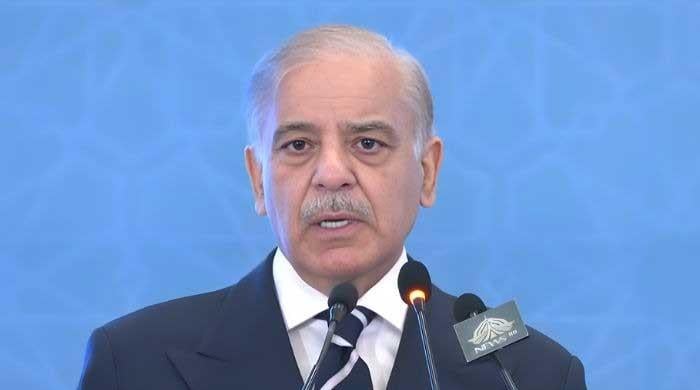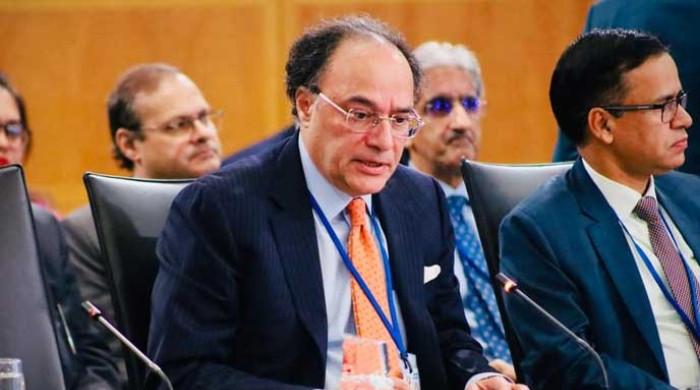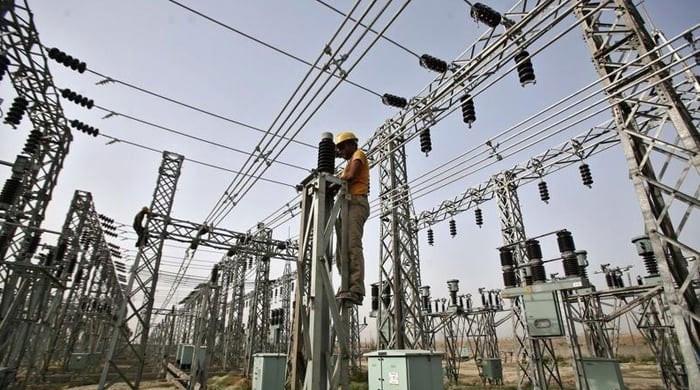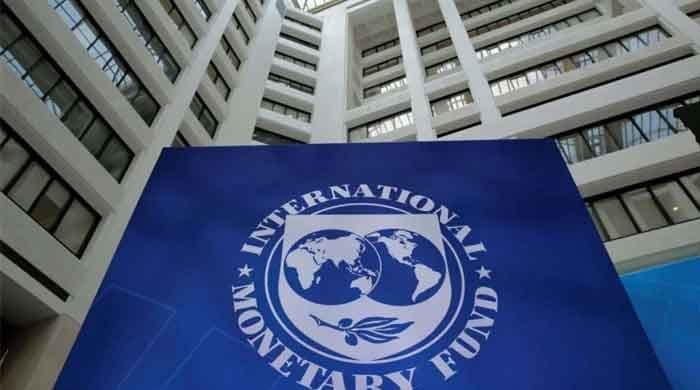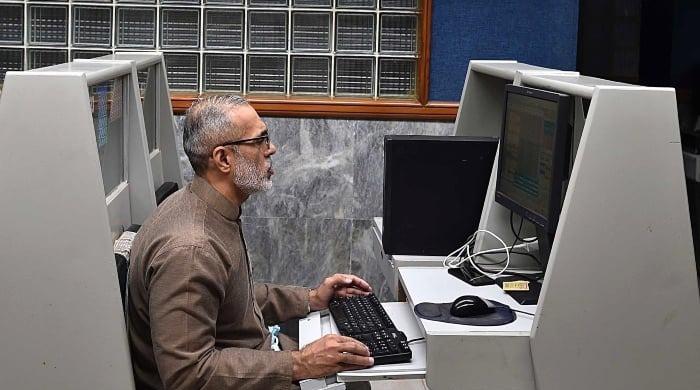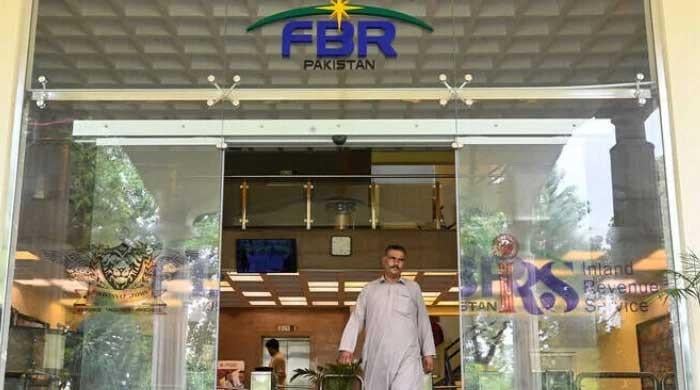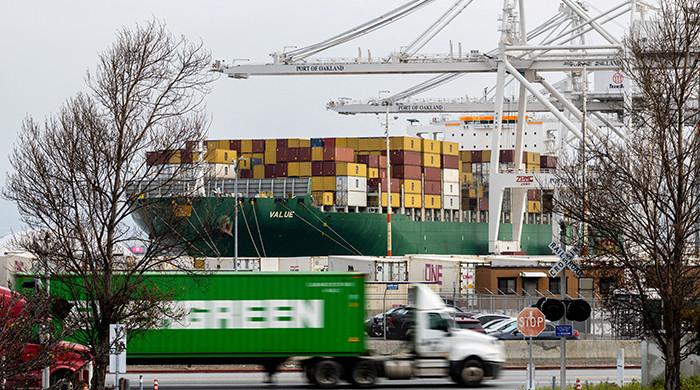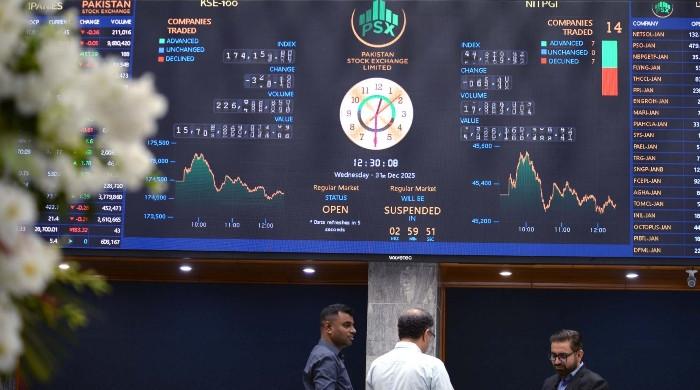Default or debt restructuring increasingly real possibility for Pakistan: Fitch
About $700 million of maturities are due in May and another $3 billion in June, says director at Fitch
May 05, 2023
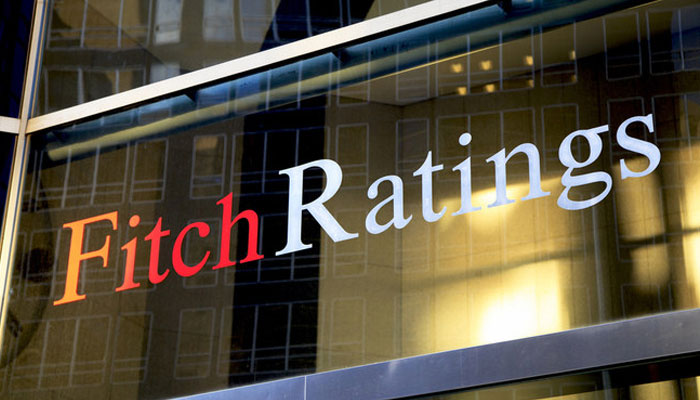
- Pakistan is bound to repay $3.7bln of debt payments in May-June.
- $2.4bn of deposits/loans from China are expected to be rolled over.
- Inflation in Pakistan surges to 36.4%, the highest in South Asia.
Months after downgrading Pakistan's Long-Term Foreign-Currency Issuer Default Rating (IDR) to "CCC-" from "CCC+", the Fitch Ratings Friday revealed that the risks are large and a default or debt restructuring is an increasingly real possibility for the country.
“Our base case is still that Pakistan and the IMF will reach an agreement on the programme review,” Bloomberg reported citing Hong Kong-based director at Fitch, Krisjanis Krustins.
It is pertinent to mention here that Fitch had downgraded Pakistan in February this year.
Krustins revealed that cash-strapped Pakistan is bound to repay a total of $3.7 billion of debt payments in the May-June period as the government struggles to secure a bailout from the International Monetary Fund (IMF).
The director said about $700 million of maturities are due in May and another $3 billion in June.
Fitch told Bloomberg that it expects $2.4 billion of deposits and loans from China will be rolled over.
Pakistan, which has been negotiating to restart a $6.5 billion bailout with the IMF for about half a year, is racing to avert a default as the foreign exchange reserves — which currently provide an import cover of nearly one month — come under pressure. The country has secured financing support from countries in the Middle East and China, a key IMF condition.
The debt payments underscore the crucial need for Pakistan to resume its bailout programme with the Washington-based lender that has been stalled since November last year.
The $1.1 billion tranche is part of a $6.5 billion bailout package the IMF approved in 2019, which is due to end in June, prior to the budget. So far, Pakistan has received $3.9 billion.
The country is reeling from an economic crisis with inflation surging to 36.4%, the highest in its history and the highest in South Asia, while a bruising political battle is raging between the government and former prime minister Imran Khan.
The government has removed caps on the exchange rate, imposed taxes, raised energy tariffs, and scaled back subsidies in an attempt to unlock IMF funding. It has also raised key interest rates to a record 21%.
Finance Minister Ishaq Dar, since he was sworn in September, has been claiming that “there’s no way Pakistan is going to default”, however, leaders of the ruling alliance and the opposition parties constantly claim that the country is on the brink of default.




